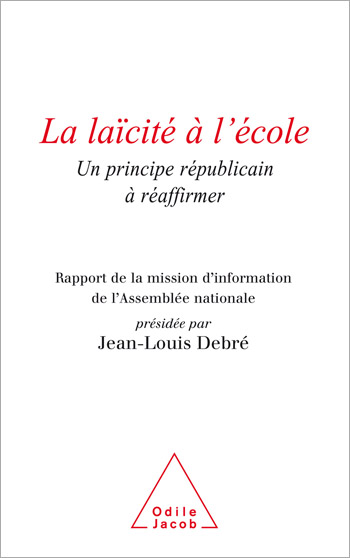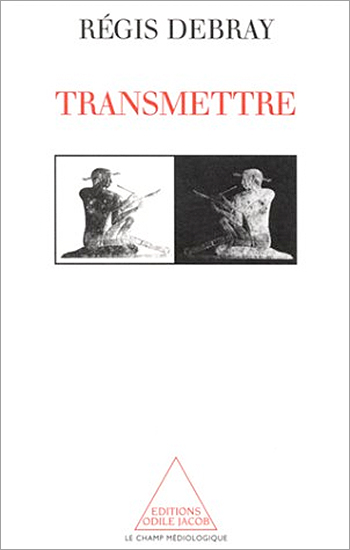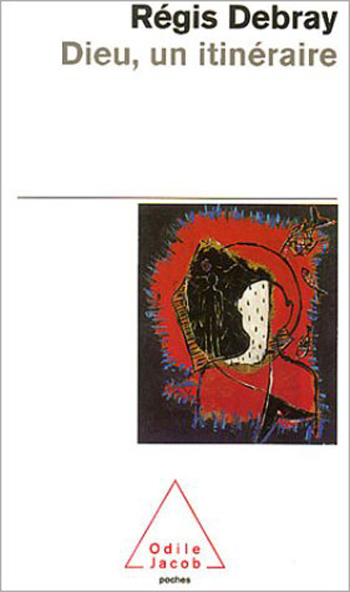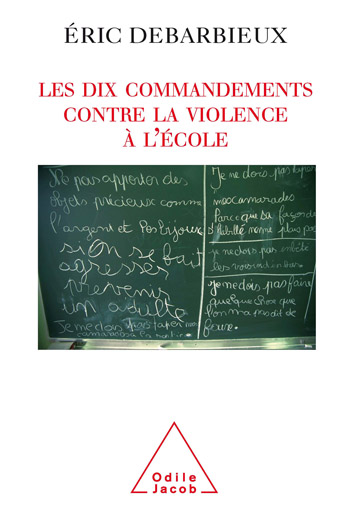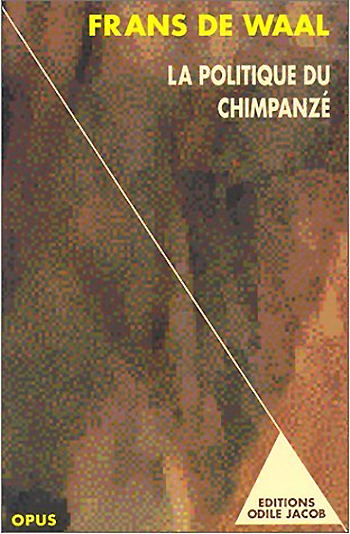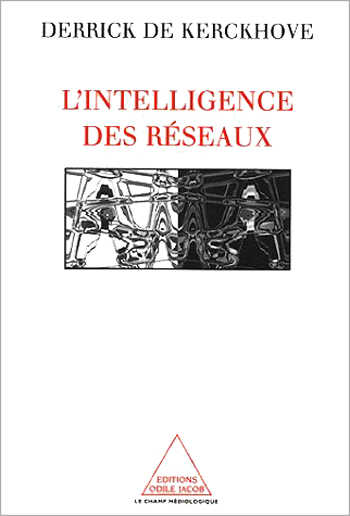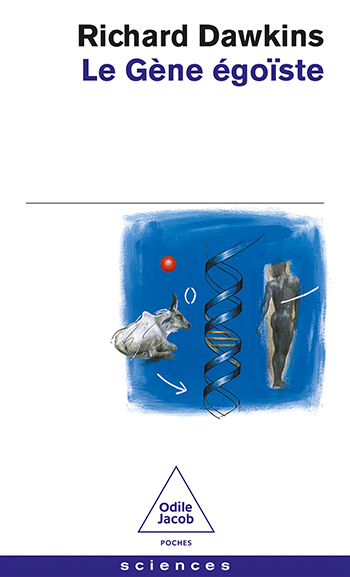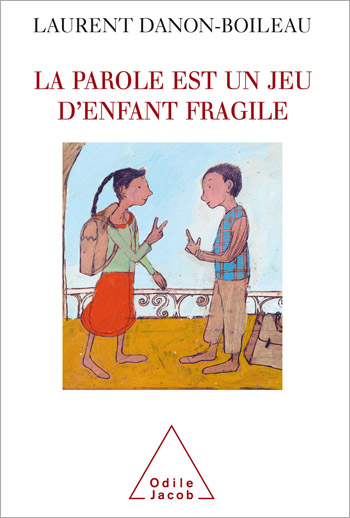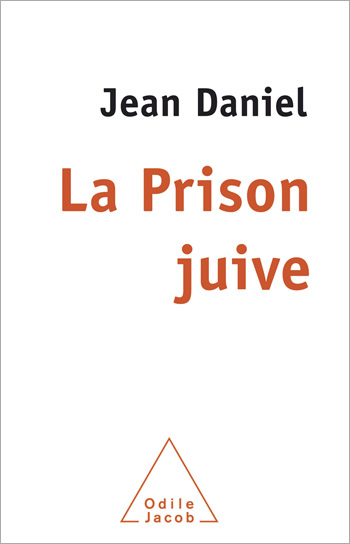Human Sciences All books
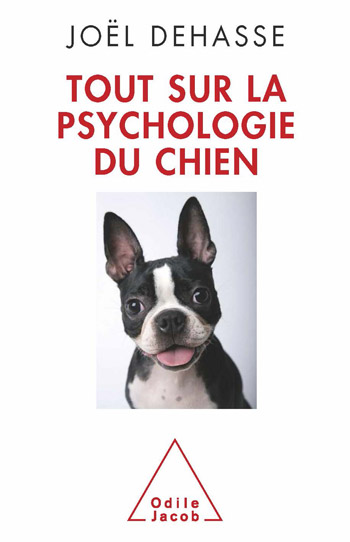
Joël Dehasse
Everything About Dog Psychology
Joël Dehasse’s programme combines in varying proportions the six major types of exercise that dogs need daily: feeding activities, motor activities, vocal activities, chewing activities, game playing, and intellectual activities.
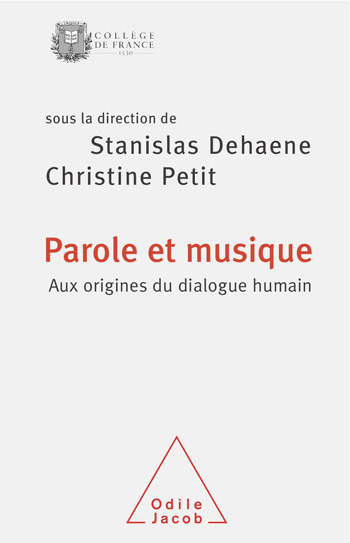
Stanislas Dehaene, Christine Petit
Words and Music Genesis of human dialogue
Speech and music shape social cognition through shared emotional states, intentions, symbols and cultures...
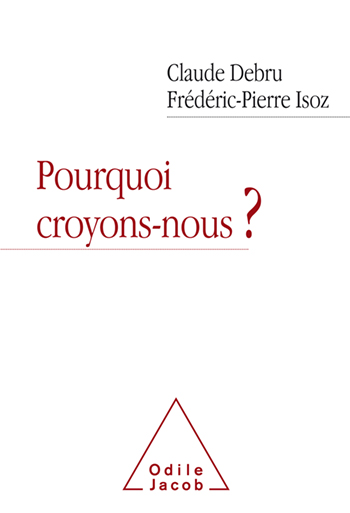
Claude Debru, Frédéric-Pierre Isoz
Why Do We Believe?
This book is a dialogue between a philosopher and a psychoanalyst.
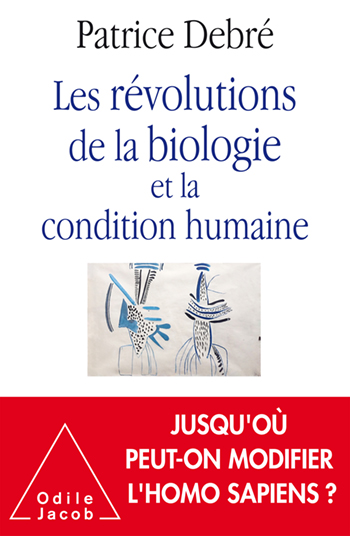
Patrice Debré
Revolutions in Biology and the Human Condition
A reflection on the prowess and the promises of biotechnologies, this text also casts a critical light on the transhumanist project.
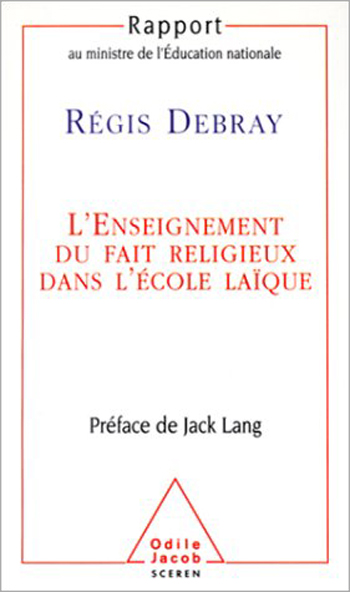
Régis Debray
The Teaching of Religion in State Schools
French public opinion largely approves the idea of reinforcing the study of religion from a cultural perspective in state schools. The intention is not to put God back into the school system. Religious traditions and the future of the humanities now share a common fate, and strengthening religious education will depend on strengthening education as such. The spirit of secularism should have nothing to fear." Régis Debray Régis Debray teaches philosophy.
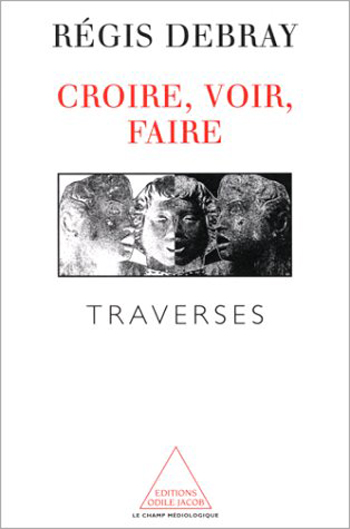
Régis Debray
Believe, See, Do Crossings
In this work, Régis Debray gives free rein to his thoughts and tackles the varied subject matter provided by daily events encountered " in the news, out of the blue, or through friendship or surprise, at a moments notice and without great forethought. " The subjects he writes about range from " the Gulf War to a photo exhibit, from Tatis Jour de Fête to copyright registration, from a daydream about water to a meditation on road travel. " Other works by Régis Debray published by Editions Odile Jacob include Que Vive la République!, Tous Azimuts, and Transmettre.
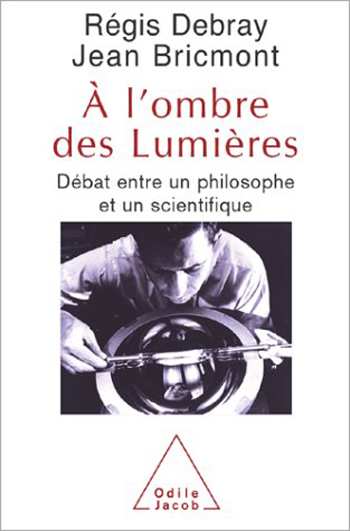
Régis Debray, Jean Bricmont
In the Shadow of Lights A Debate between a Philisopher and a Scientist
What is the meaning for us today of the Enlightenment? Of positivism and of the social sciences? How should we envision the revolutions in physics, biology and the neorosciences? What are the future roles of ideology and politics, faced with the challenge of the present religious come-back? Is the notion of progress still relevant? Can a fundamental, universal anthropology be established? In their discussions, the authors Debray from a literary point of view, and Bricmont from a scientific one meet, confront and defy each other. In the course of their talks, they summon theory and practice, past and present, history and current events, facts and their own personal convictions, to give the reader a brilliant lesson against the dominant mood of nihilism. Régis Debray heads the European Institute of the History and Science of Religion. He is the author of numerous works, including God, An Itinerary. Jean Bricmont teaches theoretical physics at the University of Louvain. He is the co-author with Alan Sokal of Intellectual Impostures.
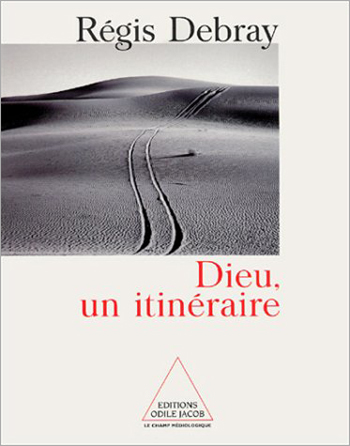
Régis Debray
God, An Itinerary
"If we can be said to have a goal, it is to reply as precisely and soberly as possible to a childish question, which has been frequently set aside as trivial: Why are these beliefs, which came to light in the desert three thousand years ago, still among us? And why is it that hundreds of millions of men and women still follow them? The study of God's minor aspects does not, in our opinion, lessen its significance. Instead, it gives new life to spiritual issues." Régis Debray Régis Debray teaches at the University of Lyon-III.
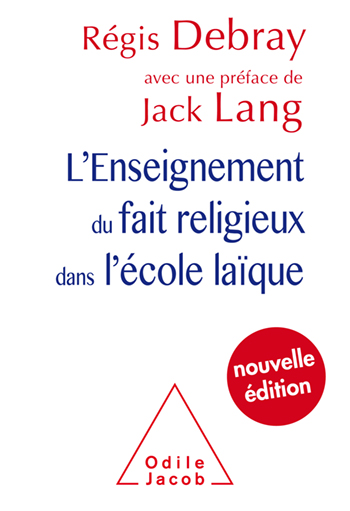
Régis Debray
Learning About Religion in Secular State Schools
Learning about different religions: the best way of overcoming prejudice
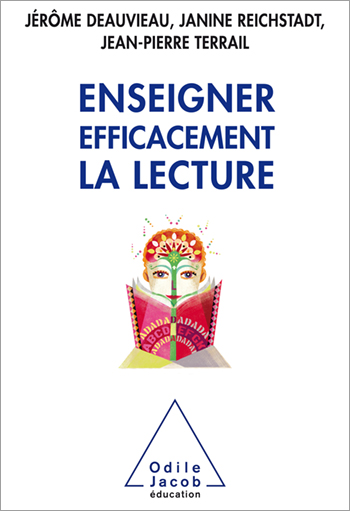
Jérôme Deauviau, Janine Reichstadt, Jean-Pierre Terrail
Teaching Reading Skills Effectively An Enquiry and Its Implications
A clear and precise presentation of the controversy around methods used to teach reading skills in French primary schools
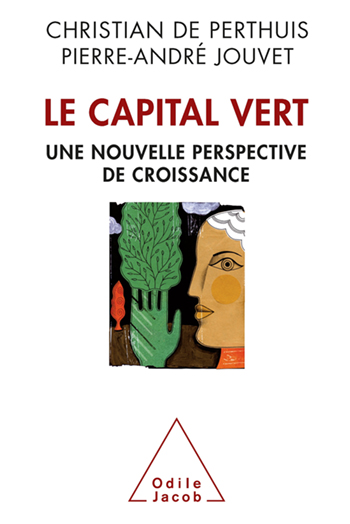
Christian de Perthuis, Pierre-André Jouvet
Green Capital
The indispensable book to understand the green economy and boost economic growth
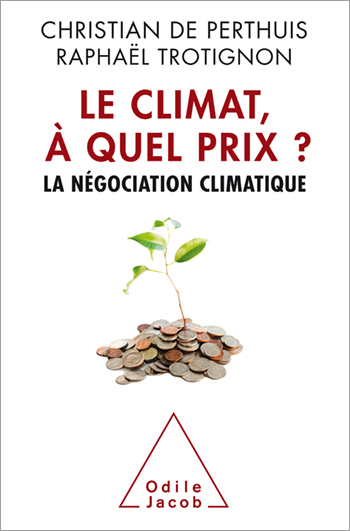
Christian de Perthuis, Raphaël Trotignon
Climat, how much ? Climate Negotiations
Global warming: understanding, anticipating, taking action

Richard Dawkins
The Selfish Gene
The Selfish Gene has been described as the most important book about evolutionary theory since Darwin. According to Dawkins theory of the selfish gene, natural selection does not take place on the level of the species or of the individual but rather among genes. Dawkins argues that human beings are programmed to preserve their selfish molecules, which are known as genes. Dawkins brilliant style shows that complex scientific ideas can be explained and made accessible to the general public, and that biology can be as exciting as an adventure story. Richard Dawkins is a renowned evolutionary biologist.
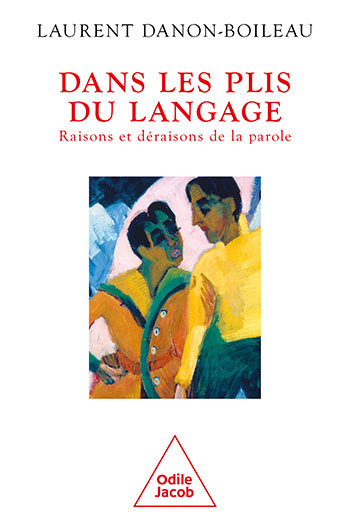
Laurent Danon-Boileau
When the Subject Speaks
Why do we speak? This banal question nonetheless encompasses a multiplicity of meanings.

Laurent Danon-Boileau
Children Without Language
I have been treating children [with language difficulties] for the past ten years, and making clinical observations from three theoretical points of view: I have used linguistics, psychoanalysis and recent finding in the cognitive sciences. By taking into account and examining the difficulties encountered when working with such children, and by paying attention to the specific character of their development, we will be able to provide essential information for anyone wishing to reflect seriously on a central issue for all of us: Why speak? writes Laurent Danon-Boileau. Laurent Danon-Boileau is a linguist, psychoanalyst and writer.
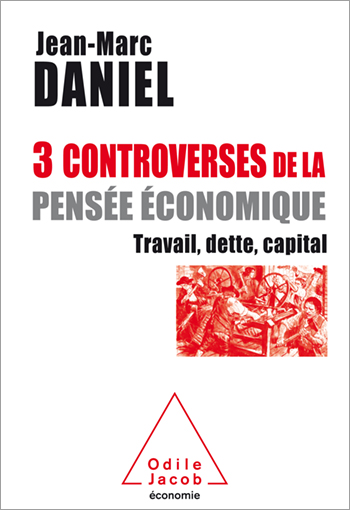
Jean-Marc Daniel
3 Arguments in Economic Thinking Work, public debt, capital
Work, capital, time: three key notions in economics, three arguments central to economic thinking
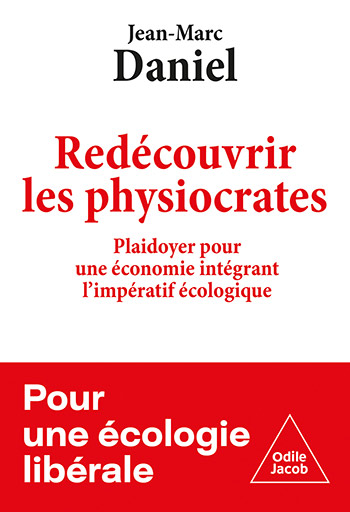
Jean-Marc Daniel
Rediscovering Physiocrats A Plea for an Economy that Integrates the Ecological Imperative
Contrary to popular belief, the economy and ecology are not enemies. They arose together, as reflected by the physiocratic heritage.

Jean-Marc Daniel
8 Lessons in Economic History
A masterly lesson in economics based on history and examples
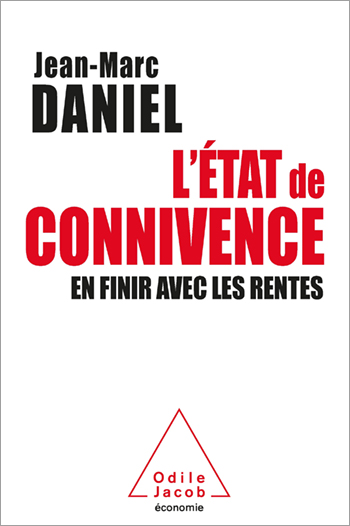
Jean-Marc Daniel
The State of Connivance Abolishing Rentier Capitalism
How to make the transition from rentier capitalism to competitive capitalism?
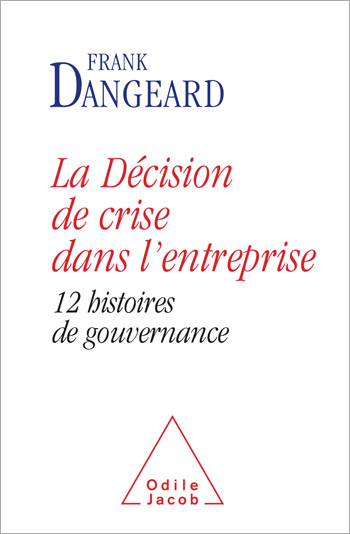
Frank Dangeard
Crisis Decision-Making in Businesses 12 Tales of Governance
Based on his extensive experience as a manager and administrator, and illustrated with numerous examples from recent business history...


